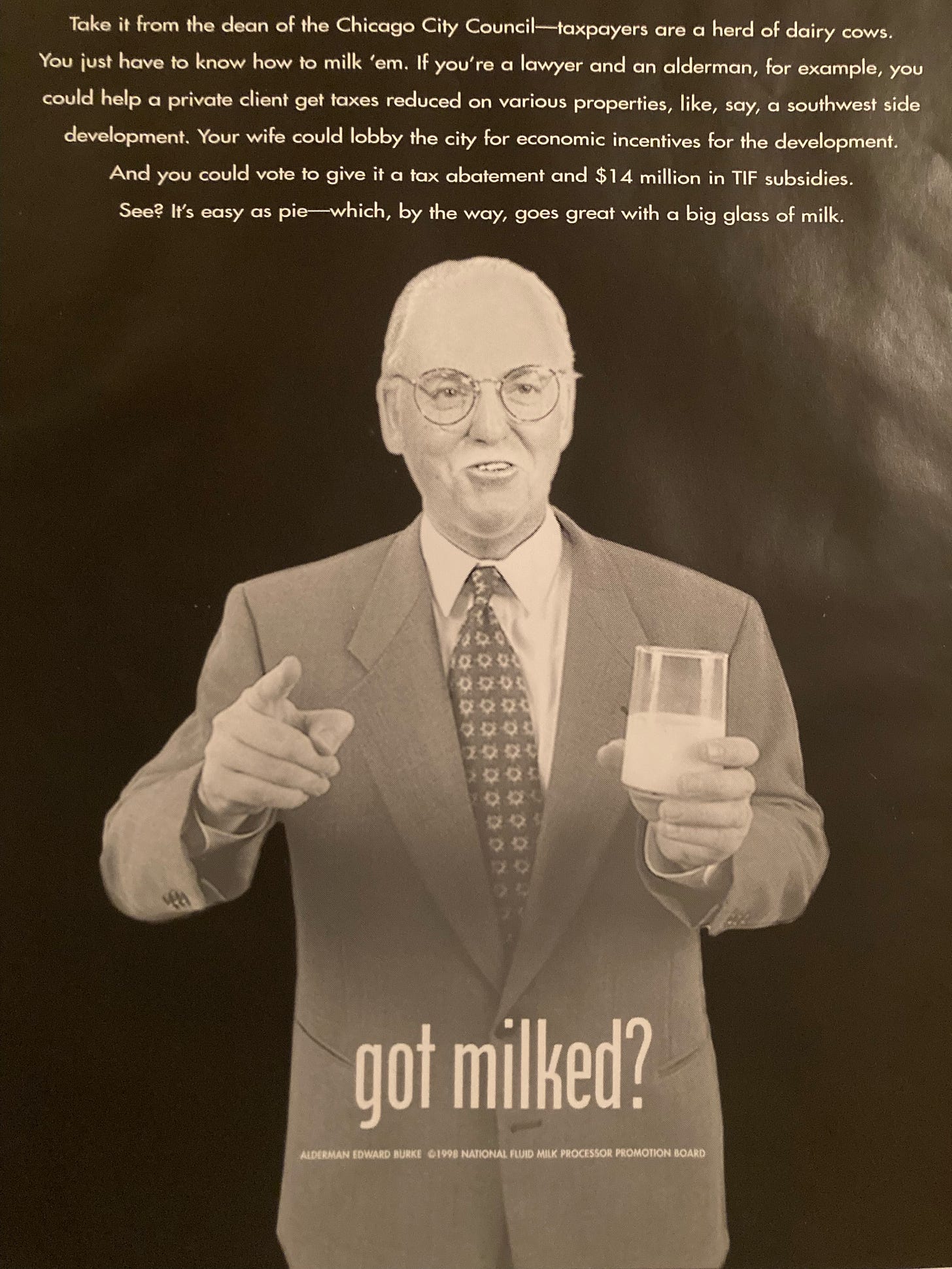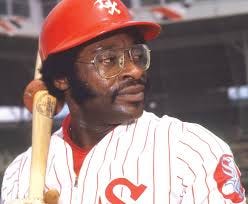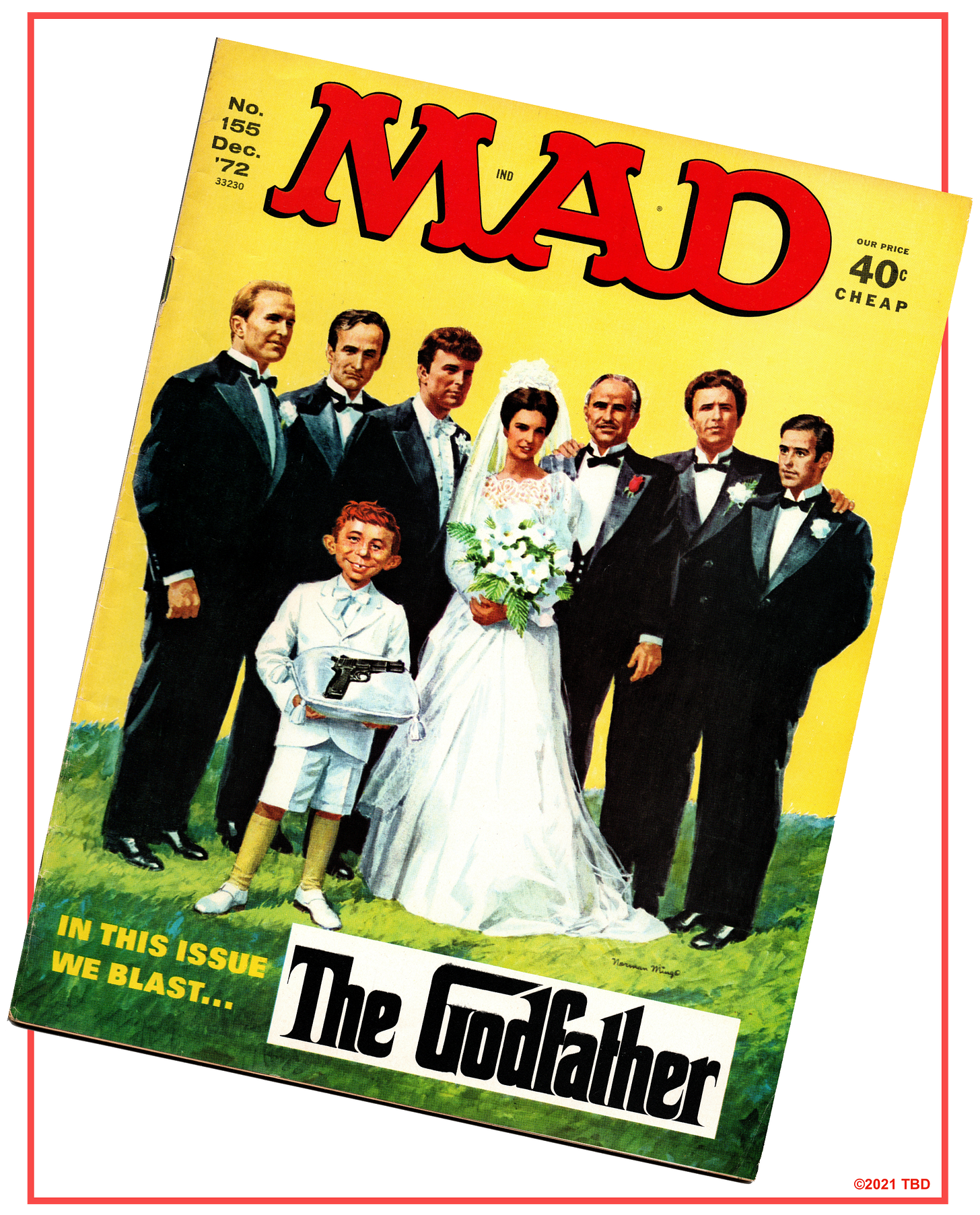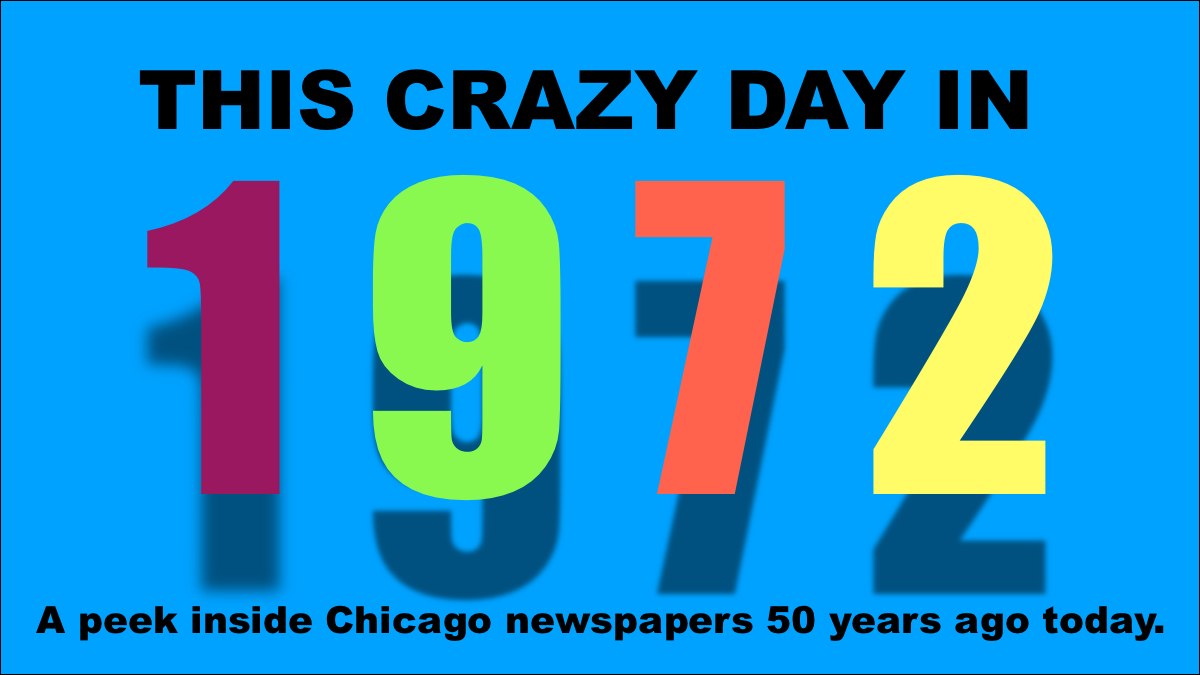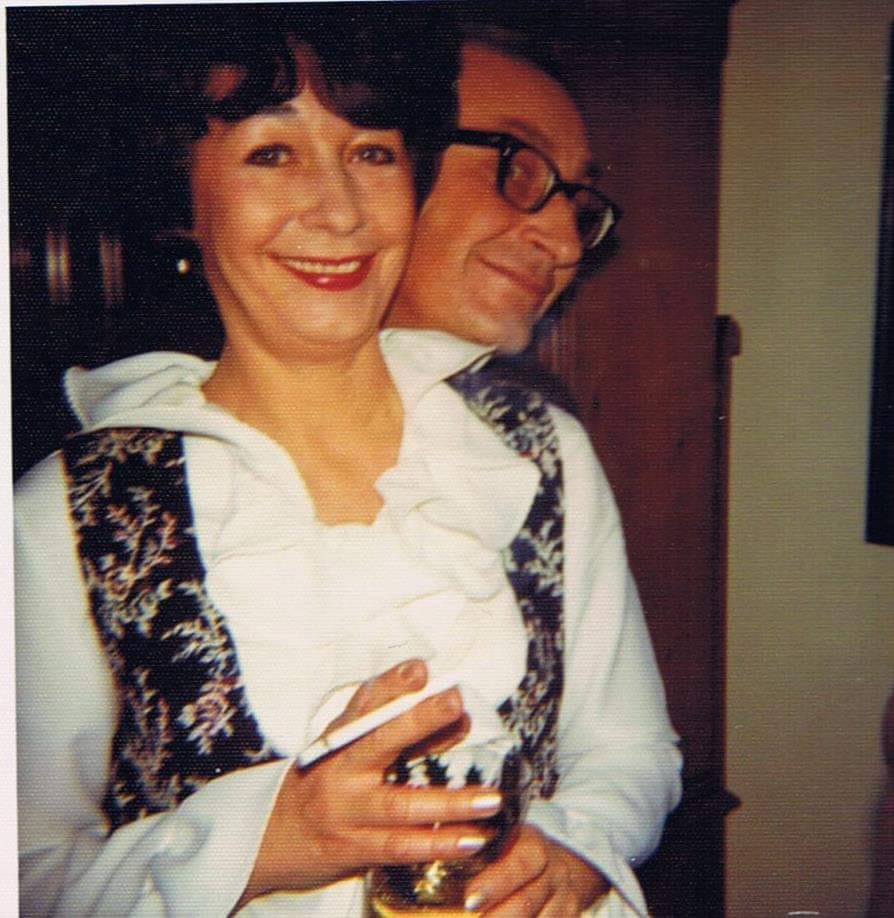Mike Royko 50 Years Ago Today: A special treat from 1972
Weekly Compilation March 27-April 2, 1972
To access all site contents, click on the rose icon in the upper left corner or HERE.
Why do we run this separate item, Mike Royko 50 Years Ago Today? Because Steve Bertolucci, the hero of the serialized novel central to this Substack, “Roseland, Chicago: 1972,” lived in a Daily News household. The Bertolucci’s subscribed to the Daily News, and back then everybody read the paper, even kids. And if you read the Daily News, you read Mike Royko. Read the daily Royko briefing Monday-Friday on Twitter, @RoselandChi1972.
March 27, 1972
How to milk city taxpayer
“One of the healthiest, most pleasant city payroll jobs has to be that of milk inspector,” Mike figures.
But you know there’s more to it than that.
“Our milk inspectors spend a lot of time in the countryside of Wisconsin and northern Illinois, dropping in at dairy farms….Their job is to make sure health regulations are followed by the 9,000 farms in Wisconsin and 3,000 in Illinois that ship milk to Chicago.”
Which is just as crazy as it sounds.
Mike unrolls a classic strategy of slowly building the facts to illustrate the insanity, without ever labeling it as such.
Wisconsin and Illinois both have laws requiring the state to inspect the dairy farms. If Chicago didn’t send its own milk inspectors, which costs city taxpayers $550,000 per year, the states would handle it.
The state health departments can’t figure out why Chicago does their work for them.
As it turns out, the guy in charge of Chicago’s milk inspectors is assistant city health commissioner Edward F. King.
“Actually, he runs the Health Department,” Mike explains. “Dr. Murray Brown, a professional, is the commissioner. But King, a friend of the mayor, keeps an eye on him.”
King “doesn’t trust the Wisconsin and Illinois state inspectors to keep us free from germs in our milk,” Mike reports.
“‘It would be an abdication of our responsibility to our residents,’ King says.”
Mike suspects the real issue is all the Machine precinct captains who are milk inspectors.
“That’s the way King himself came up the ladder. And his father, a trusted 11th Ward organization member, used to be chief of the milk inspectors.
“It’s not just cows that get milked around here.”
BONUS: The concept of Chicago taxpayers getting milked by politicians had staying power. Mike’s closer reminded me of a 1998 parody of the “Got Milk?” ads featuring famous people with milk mustaches, from the Chicago Reader, by Cate Plys.
In case you can’t tell in this reproduction, Ald. Edward Burke—then and until quite recently the powerful chairman of the City Council Finance Committee—is sporting a milk mustache.
March 28, 1972
World’s woes analyzed
Phil T. Slobb isn’t as well known as Slats Grobnik, but he is “one of the city’s leading citizens” who always has a common sense take on hot news topics, generally. delivered from his seat at a bar.
In our 1972 timeline, baseball slugger Dick Allen hasn’t signed a $120,000 contract offer with the White Sox, weeks into spring training.
Francis Ford Coppola’s “The Godfather” just opened and it’s already a blockbuster. Northern Ireland is a mess--British soldiers shot and killed 13 protesters on Bloody Sunday two months ago.
Phil “was at the other end of the bar the other evening, minding his own business as usual, so I awakened him and asked if I could sit down.”
A sampling of Phil’s astute views:
“To break the ice, I asked him if he thought Richie Allen would ever show up.
“‘Ask the bartender,’ he said. ‘I don’t watch who comes in here.’
“I mean would Allen show up at spring training, to play with the White Sox?
“‘Why should he,’ Phil said, ‘when he can get a steady job in a factory?’”
….“Do you think the movie ‘The Godfather’ will be bad for the image of Italian-Americans?
“‘No. People who see that movie will be nicer to Italian-Americans because they’ll be afraid of getting murdered.’”
….“How does that situation in Ireland look to you?
“‘About the same as it did in 1690, except they aren’t using swords as much.’”
If you dig Mike Royko, you’ll want to see the news he’s writing about. Check it out here!
March 29, 1972
Middleman America
As inflation sends 1972 food costs skyrocketing, Mike writes:
“A new villain has emerged in our society: The middleman. He’s the person being blamed by almost everybody for the sudden leap in the cost of eating.”
The country is in “Phase II” of price controls by the Nixon administration, but food prices are leaping up anyway.
“It’s the Middleman who is lining his pockets, messing up Phase II and causing housewives to wring their hands” writes Mike.
Daily stories on rising food prices all quote housewives as if they are the only ones who care about food.
Federal officials haven’t explained why prices are blowing up, but part of the issue is that fresh foods like meat and produce aren’t covered by price controls.
Mike goes in search of this sinister Middleman who’s pocketing everybody’s money.
“My search began on LaSalle St., with that strange breed of brokers who make a career of gambling on what…a batch of pork bellies will be worth next month. I figured if anyone is a Middleman, it’s a man in a $200 suit who buys and sells pork bellies without eating any.”
But the broker denies being a middleman. He tells Mike that “Joseph in the Bible was the first commodity broker.” The blame, he says, is people driving up prices by eating meat.
“If we would all stop eating food, they’d have to come down in price,” Mike reasons. “Well, it’s an idea.”
The Agriculture Department can’t tell Mike who the Middleman is either. “Well, you’ll have a hard time pinning him,” says one official. “You see, there are so many of them.”
Truckdrivers, packing houses, people who print labels. It’s an endless list.
“I may never eat again,” Mike concludes, “now that I know how many people have their hands in my mouth.”
March 30, 1972
How times can change
This is a painful read. Every now and then, Mike writes a column about older Chicagoans who have stayed put while the world changed around them, but not in the any of the good ways.
Mike always knows where to start his story. Like today, sometimes it isn’t the news angle.
“Joe Parrilli is only a retired grocer, but one night he had his moment,” Mike writes. “He and his wife stood on a stage while more than a thousand young people cheered him. One of them handed him a walnut plaque, inscribed with these words:
“To Mr. and Mrs. Joe Parrilli. For all their kindness and consideration to the students of Loyola University.”
The Parrillis ran a grocery store at 6543 N. Sheridan. Though they worked 12-hour days on their feet, they were always happy to help their student customers and neighbors. Until some point in the ‘60s, for instance, a major way students socialized was at a school dance. Dances required adult chaperones. They really actually did require adult chaperones. The Parrillis never refused to chaperone so the students could dance.
But in about 1967, Loyola decided to expand.
“With only one month’s notice, Parrilli was out of business,” Mike notes.
“As he lay in his hospital bed yesterday, Joe Parrilli marveled at the way times change.”
“He had difficulty talking because his lower lip is stitched. The rest of his thin face is one, ugly, purple bruise. His skull is fractured, his left arms feels numb, and he sees double.”
Mr. and Mrs. Parrilli were walking home after “a bowl of chili at El Taco Loco,” near the site of their old store, when Mr. Parrilli felt something around his wallet.
“He turned. A young couple was behind him.”
Mr. Parrilli asked the young man if he was trying to pick his pocket. That’s when the young man attacked him.
Mr. Parrilli was quickly knocked to the ground, but Good Samaritans ran to hold the young man while Mrs. Parrilli called the police. The young woman ran into a nearby dormitory and came back with several more students who grabbed the rescuers and beat Mr. Parrilli to a pulp until police arrived.
“Now do you know what is on that land, exactly the spot where my store used to be?” Mr. Parrilli asked Mike “with a rueful grin.”
Mike knows.
“Of course. The dormitory is. The same dormitory all those brave young men came out of.”
Did you miss last week’s chat with legendary Chicago political consultant Don Rose—who was campaign manager for Donald Page Moore’s 1972 primary campaign against indicted incumbent State’s Attorney Ed Hanrahan? Check it out here under the Weekend Edition item at the end.
March 31, 1972
Easter Bunny lays an egg
It’s a Slats day!
“Some kids lose their illusions sooner than others. And when it came to the Easter Bunny and Santa Claus, nobody lost them any earlier than Slats Grobnik.”
Slats doubted both the Bunny and Santa when he “was just a mere child, so young he hadn’t started smoking….As he argued: ‘Anybody who can get in and out of that many houses without being seen, is going to take stuff, not leave it.’”
At the neighborhood Easter egg hunt sponsored by the precinct captain in the vacant lot next to Bruno’s Tavern, Slats was suspicious when two kids found most of the eggs.
Slats questioned one of them later “while sitting on his chest.”
The kid “confessed that he and the other kid were so lucky because their fathers always displayed the biggest picture of the alderman in their windows at election time. So the night before, the precinct captain had shown them a map of the eggs.”
That’s when Slats knew for sure “the Bunny didn’t exist, but that clout and the fix did.”
GIVE MIKE A STATUE! Read about it here.
As we here all know, weekends could be sad for a Daily News family because Mike Royko wasn’t in the Daily News’ single weekend edition. So we look for Mike elsewhere on weekends.
This week, we have a very special treat indeed! David Royko, Mike and Carol Royko’s son, contributed a post recently to the Facebook group “Mike Royko Is God”—a post that every Royko fan will want to see and read. David has kindly given me permission to repost here.
This picture is especially perfect for us because it’s from 1972. David’s lovely description is below.
Naturally, for anyone on Facebook, I highly recommend joining the “Mike Royko Is God” group. What a great name.
Mike Royko and his sister, Christmas 1972
by David Royko
Mike Royko fans, especially, might like this.
No particular reason for reposting this pic, except that I absolutely adore it. It is one of my favorite pictures in the world. Thank you to cousin Amelia for originally posting it.
It's Dad and his older, much beloved sister (and beloved aunt to me), the late Dorothy Zettelmeir, in 1972 -- fifty years ago, wow -- at a family Christmas gathering.
Besides simply the picture, knowing what 1972 had been for Dad makes this even more delightful.
He was on top of the world.
Eight years into writing the column, the just-turned-40 year old dude had become the biggest deal columnist in Chicago, back when big columnists actually were a very big deal.
Boss had just come out and ended up on The New York Times top ten best seller list. (And Boss is that rarest of books that has never gone out of print in the last half century.) That began making him a big deal beyond Chicago.
Syndication took off.
Heady stuff for a guy from a working class neighborhood who barely finished high school.
The Boss royalties meant he could fulfill a lifelong dream and take the family to Europe, via the SS France, since Dad was terrified of flying.
In London at customs, the passport guy said, in a very British dead-pan, "Oh, the writer from Chicago," which absolutely blew Mom and Dad away. They know him in London!!!
Then the guy said:
"Terrible place."
Mom and Dad laughed their asses off.
Oh yeah, and Dad had just won the Pulitzer.
I am pretty sure he would have described 1972 as, like the title of a movie he loved, My Favorite Year.
I actually don't know who was more excited by his success, Dorothy, or her kid brother Micky.
But I sure miss them both.
NOTE: I love that Mike loved “My Favorite Year,” also one of our family’s favorite movies. We watch it annually, for some reason around Christmas although it is not a Christmas movie. This 1982 movie is the story of Benjy Stone, a writer on a show that’s a stand-in for Sid Caesar’s “Your Show of Shows.” Mel Brooks, a former “Your Show of Shows” writer, executive produced this. It’s written by Norman Steinberg and Dennis Palumbo, according to Wikipedia from a story by Palumbo. But Brooks’ experiences are obviously the inspiration. This is Richard Benjamin’s first movie as a director.
It’s 1954. Benjy is put in charge of babysitting alcoholic guest star Allan Swan, an Errol Flynn-type ‘30s movie star who’s fallen on hard times. Played by Peter O’Toole, Swan is sublime. The best scene in the whole thing is when Benjy takes Allan Swan home to Brooklyn for dinner with his family.
The trailer for “My Favorite Year” is strangely not especially enticing. Don’t watch it on YouTube. Trust Mike, and just watch the entire movie instead.
And if you’ve never seen “Your Show of Shows,” you won’t even believe how hilarious it is. Watch this single sketch before watching “My Favorite Year” and you’ll love the movie even more.
By the way, this feature is no substitute for reading Mike’s full columns. He’s best appreciated in the clear, concise, unbroken original version. Mike already trimmed the verbal fat, so he doesn’t need to be summarized Reader’s Digest-style, either. Our purpose here is to give you some good quotes from the original columns, but especially to give the historic and pop culture context that Mike’s original readers brought to his work. You can’t get the inside jokes if you don’t know the references. Plus, many columns didn’t make it into the collections, so unless you dive into microfilm, there are some columns covered here you will never read elsewhere. If you don’t own any of Mike’s books, maybe start with “One More Time,” a selection covering Mike’s entire career and including a foreword by Studs Terkel and commentaries by Lois Wille.
Do you dig spending some time in 1972? If you came to MIKE ROYKO 50 YEARS AGO TODAY from social media, you may not know it’s part of the book being serialized here, one chapter per month: “Roseland, Chicago: 1972.” It’s the story of Steve Bertolucci, 10-year-old Roselander in 1972, and what becomes of him. Check it out here.
To get MIKE ROYKO 50 YEARS AGO TODAY in your mailbox weekly along with THIS CRAZY DAY IN 1972 and new chapters of the book—
SUBSCRIBE FOR FREE!




